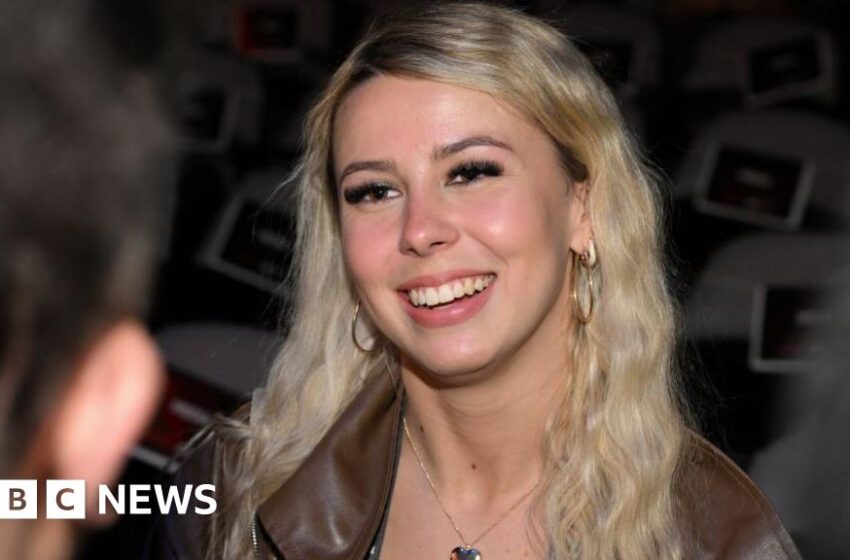No products in the cart.

[ad_1]
Coffeezilla, real name Stephen Findeisen, also claimed that Hawk gave “insiders” an advantage.
“Unfortunately with situations like this, they’re not targeting crypto bros, they’re mostly targeting actual fans who have never been involved in the crypto space before,” he said in a video viewed more than 1.4 million times.
He accused Ms Welch’s team of “profiting from a rug pull”.
“These people were unwilling to take any accountability” of the “Hawk Tuah scam”, he claimed, after sharing a clip of him speaking to some of the people behind the cryptocurrency.
Ms Welch’s post on X claimed that her team attempted to prevent so-called “snipers”, who buy and sell cryptocurrencies quickly at moments when they are likely to make the most money from a gap in buy and sell price – sometimes using automated trading tools – by imposing higher fees on one exchange.
The team behind the cryptocurrency, OverHere, has dismissed other claims about the launch in an X post, external.
It stressed that “Haliey’s Team has sold absolutely no tokens whatsoever”.
Meme coins such as this have been booming in popularity due to their jokey, cheap appeal for investors.
They are often viewed as being less risky than more high profile crypto assets like Bitcoin or Ethereum, but carry the same dangers – with often no protection for those who lose money on them.
Carol Alexander, professor of finance at Sussex University, told the BBC on Thursday that while more young people are investing in meme coins, many of them are losing money.
Several celebrities or influencers who have ventured into the crypto market have faced similar backlashes.
In 2021, Kim Kardashian was fined $1.26m by US regulators after she failed to disclose that she had been paid to post an advert for a cryptocurrency scheme called EthereumMax.
More recently, YouTuber Logan Paul was accused of misleading fans by promoting crypto coins or investments without divulging his own financial interest in them.
[ad_2]
Source link















